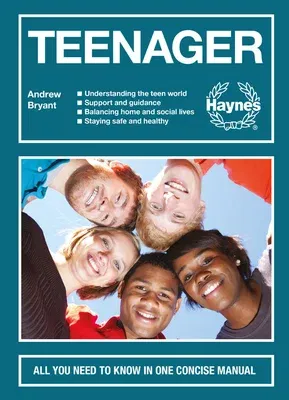For parents with teenage children, who were teens themselves in the
1970s and '80s, the landscape of family life and teen culture has
changed radically. Many of the familiar cultural reference points from
their own youth are no longer relevant to 21st century parenting.
Of course, it's only to be expected that each generation kicks against
the culture and values of the one it follows. Today, such to-be-expected
rebellious tendencies have been heavily amplified by the digital
revolution and 'living in the now.'
The generation that was born since the turn of the century has only ever
known the digital age, a period of sustained and fast moving
technological change that has outstripped the Industrial Revolution of
the 18th and 19th centuries in its far reaching effects on most areas of
life and society.
In the ten years since 2010 the teen picture in the UK has altered
considerably, due in the main to the explosion in use of smart phones
and social media. Tobacco consumption has become the norm rather than
the exception as it was with previous generations; smoking weed
(cannabis) and taking recreational drugs have replaced alcohol as the
recreational substances of choice (many young people say that they find
it easier to obtain cannabis than virtually anything else, including
fast food, cigarettes and alcohol); teenage mental health has become an
issue; gender-change and 'fluidity', and sexual promiscuity, are widely
accepted by this age group.
Teens live their lives online as opposed to offline and face-to-face -
social interaction is more often through texting, image sharing,
messaging apps and gaming stations. They live in the moment; short
bursts of communication; bite-size video clips.
Understanding the teen world and the pressures facing them means that
parents will be more informed and better placed to intervene or help
when they're needed.

